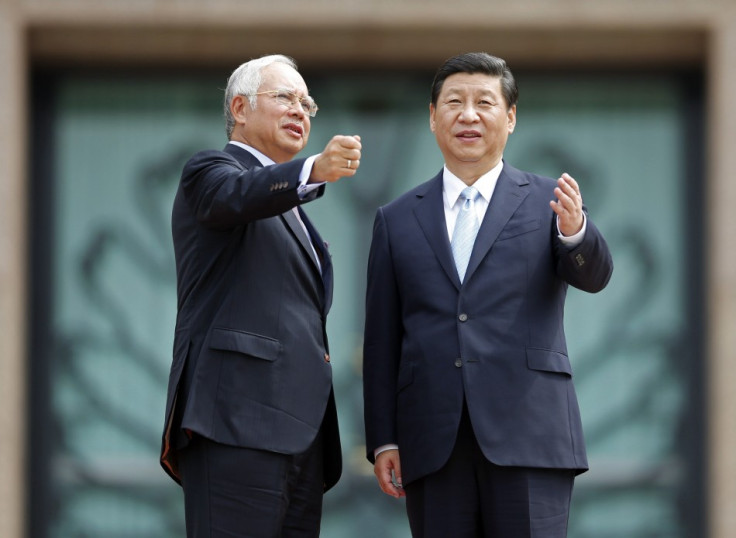US Shutdown: Obama's Asian Strategy Suffers as China Makes Headway

The cancellation of President Barack Obama's visit to four Asian countries has come in stark contrast with the diplomatic charm offensive undertaken by newly-installed Chinese President Xi Jinping in countries seen as crucial elements in the Sino-US power balance in the region.
Obama had to cancel his trip to countries including Malaysia and the Philippines in the aftermath of the government shutdown that meant the vast logistical arrangements for a presidential visit were not possible due to lack of staff.
Instead of the president, Secretary of State John Kerry will attend an Asia-Pacific Economic Cooperation forum in Bali and the East Asia Summit in Brunei.
Nothing would have better shown the irony of the situation than a successful multi-nation tour by the Chinese president in Southeast Asia in which Xi showcased the soft power of China and tried to woo investment as well as strategic affiliation from a host of countries that have seen Beijing as a source of fear.
Obviously, Obama has lost a chance to engage the major Southeast Asian capitals, especially Kuala Lumpur, at a time when Washington is pushing ahead with the ambitious Trans-Pacific Partnership (TPP) trade pact.
"Malaysia is important to the current TPP negotiations for several reasons. First is its geopolitical significance in relation to China; along with Vietnam, Malaysia is the only negotiating Southeast Asian country slated to join," the Atlantic wrote.
The cancellation has come at a time when political analysts are saying that the US, with its bigger focus on the Middle East, is not doing enough to counter China's aggressive foreign policy thrust in Asia.
"Southeast Asia in particular, where the president spent part of his childhood (in Indonesia), has reason to feel neglected. Instead of countering aggressive Chinese diplomacy in the region, Obama is presiding over arguably the fastest dilution of American influence since the end of the Vietnam war," USA Today quoted Sadanand Dhume, a resident fellow of the American Enterprise Institute, as saying.
While the cancellation of US presidential visits to Asia have taken place several times in the past, with Obama himself scrapping plans owing to more pressing domestic matters, the Chinese leaders have taken care to nurture their sphere of influence in Asia.
Xi addressed the Indonesian parliament, saluting the lawmakers in the local language and offering to solve the South China Sea dispute peacefully. During Xi's visit, Indonesian companies secured $32.8bn of financing and investment from Chinese firms, Reuters reported.
Interestingly, Xi became the first foreign leader to make a parliamentary address to the lawmakers in the world's most populous Muslim nation. China will also invest in a huge industrial park in Indonesia, build a cultural centre in Jakarta and supply monorail trains for the capital, USA Today said.
Observers said Xi's speech in Indonesia signalled the future course of China's Asean policy. He highlighted the "shared destiny" of China and Asean members and offered China's assistance in the development of the region.
In Malaysia, where Xi stopped over next, the countries announced they would boost bilateral ties to a "comprehensive strategic partnership" and expand military cooperation and nearly triple two-way trade to $160bn by 2017, Reuters reported.
Xi's aggressive wooing in the Southeast Asian capitals was preceded by his visits to Central Asian countries in September in which the main focus was securing multi-billion dollar energy contracts.
Gas from Turkenistan
While Xi sealed an agreement to boost China's gas imports from Turkmenistan, by over 60%, he secured a deal for China to acquire a share in the giant Kashagan oilfield in Kazakhstan, Asia Times reported.
In Uzbekistan, China agreed on building a fourth strand of its Central Asia Gas Pipeline through the country, it added.
© Copyright IBTimes 2025. All rights reserved.






















